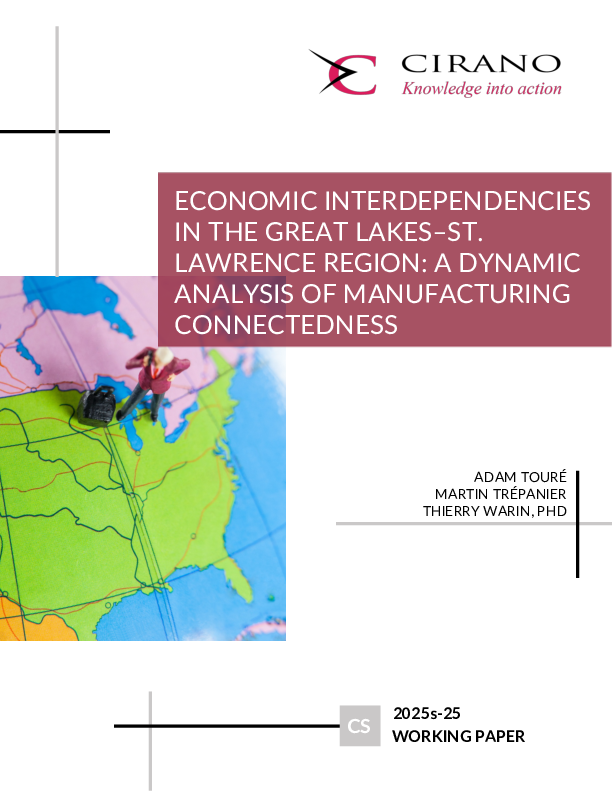Job Satisfaction and Quits: Theory and Evidence from the German Socioeconomic Panel
We test the simple wealth maximization theory of quitting behavior on the German Socioeconomic Panel (1985-1993). We develop a new methodology to extract a consistent estimate of how the expected present value of one's job (including the non-pecuniary component) compares with outside opportunities in the future from subjective questions about job and job-related satisfactions. It is based on the interpretation of job satisfaction as an expression of the experienced preference for the present job against available alternatives. With this interpretation, the propensity to stay in the present job is simply related to the residual of a job satisfaction equation. Our tests validate this theory of job satisfaction and the economiceconomic theory of quits. We also find that the residual of a job satisfaction equation is a better predictor of quits than the overall level of satisfaction.
[ - ]




